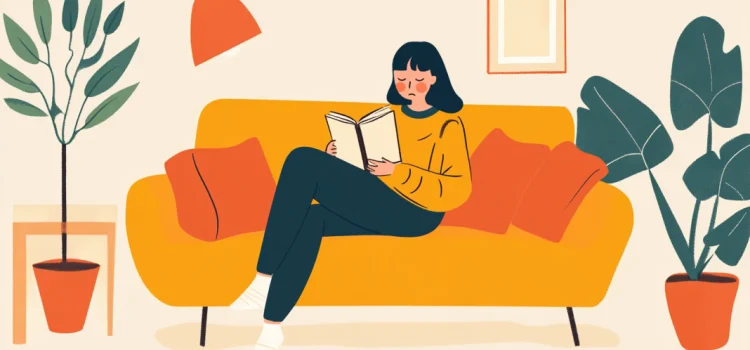Do you want to break free from negative thought patterns? Do you find yourself repeating the same unhelpful habits day after day? Optimizing your mental environment is key to achieving your goals and living a fulfilling life. In Willpower Doesn’t Work, Benjamin Hardy says that, by redirecting your thoughts and modifying your habits, you can create a more positive and productive mindset. Keep reading to discover practical strategies for transforming your mental landscape.
Optimize Your Mental Environment for Productivity










